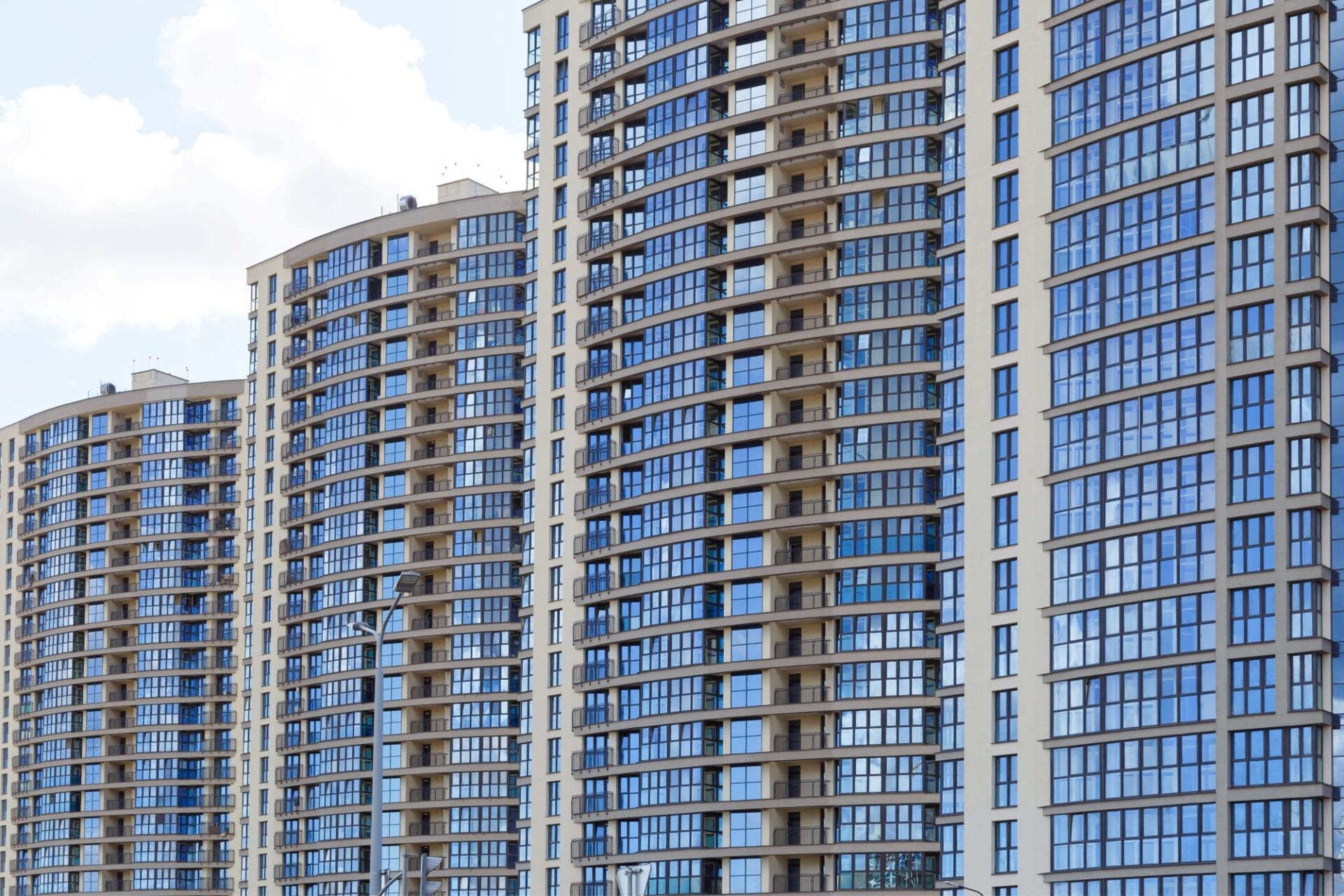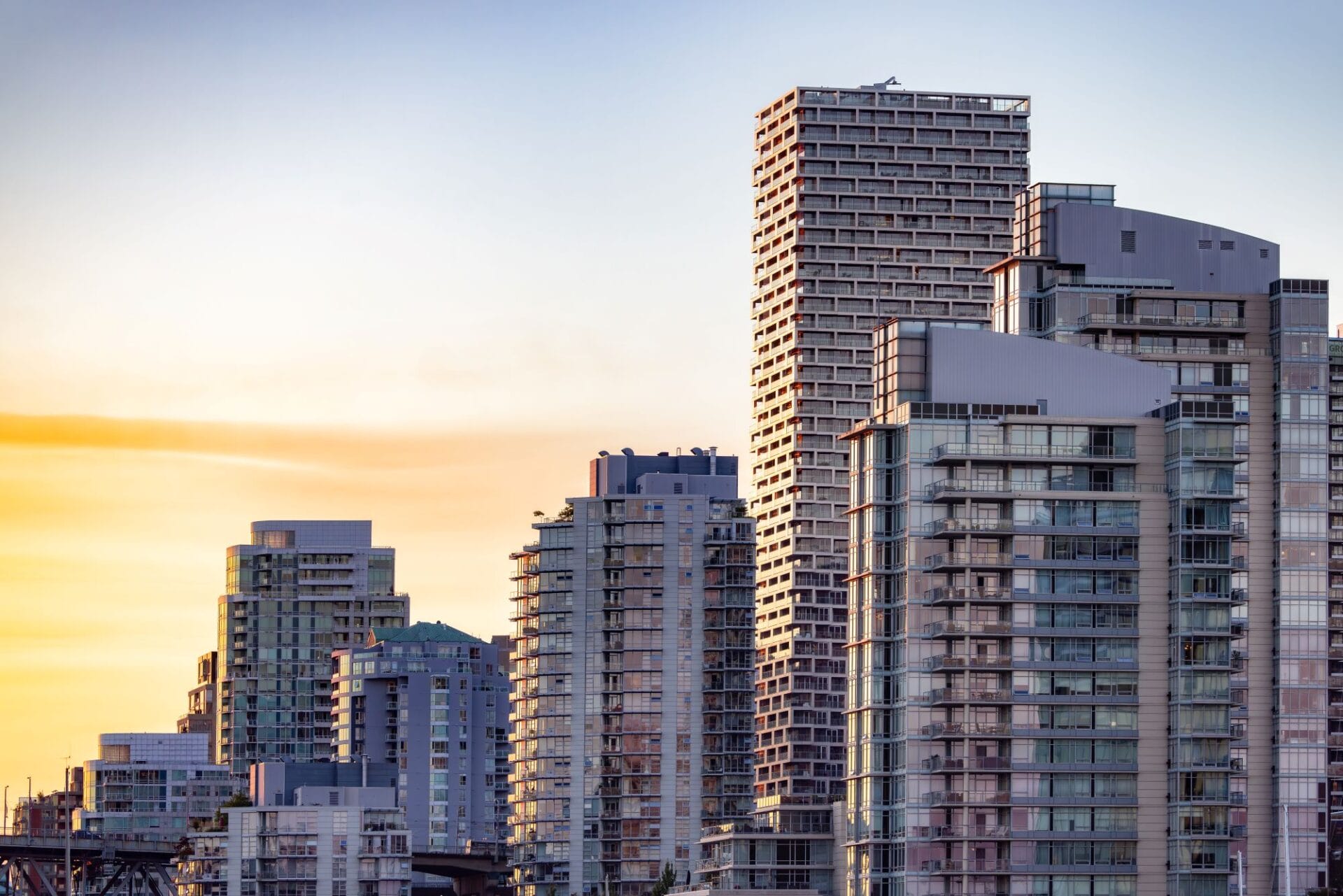When most people think about buying a home in a condominium or single-home community, they only consider the capital cost of buying the property. Things like HOA fees come as a surprise to them because they were not properly informed about how they work or what they are used for.
To help you understand HOA fees, we’ve put together a helpful guide with practical information you can use before you join an association.
What is an HOA?
Before we delve into HOA fees and what they cover, it’s important to explain what an HOA is, and how it differs from other residential communities. A Homeowners Association is usually set up by the property developer to ensure that the building or neighbourhood maintains the same standard of living even after decades have passed. Unlike other communities, members of HOAs must follow a set of rules, and pay fees. In return, members have access to amenities and don’t have to shovel sidewalks or mow their lawn.
Once the developer has reached a certain threshold (either they have sold a certain percentage of homes or have been responsible for the HOA for a certain number of years), they transfer ownership of the HOA to the buyers who have now become the homeowners.
HOAs are non-profit organizations. A small number of owners volunteer their time and resources and serve on the HOA board to ensure the HOA is well maintained.
Some responsibilities of the HOA include maintaining common areas and making sure that the community has enough in its reserves for a rainy day. The HOA is also in charge of enforcing community rules and regulations to make certain that people can enjoy a safe and clean living environment.
In a nutshell, a well-functioning HOA is the foundation of a healthy planned community. It’s also the key to ensuring that the value of the assets (the homes) continues to appreciate over the years.
What are HOA fees?
If your community is managed by a homeowners association, you will be required to pay monthly dues that contribute towards the cost of maintaining the property. It is also very common for fees to increase in correlation with inflation or changes to the state of the economy. HOA fees are mandatory, and failure to pay them could result in you getting evicted or your home being foreclosed.
When you join an HOA, paying fees becomes a non-negotiable obligation. The association needs every member to cover their fair share so that it can pay for maintenance, repairs, management fees, etc. The only feasible way to avoid paying HOA fees is to avoid living in an HOA-managed community altogether.
If fees are being paid but the property isn’t being taken care of, or the funds are being mishandled, the owners should hire a lawyer that specializes in HOA cases.
What do HOA fees cover?
The expenses covered by your HOA fees will depend on the type of condo building or neighbourhood you’re buying into. With most associations, HOA fees cover things like maintenance of the outdoor property and common areas. This includes landscaping, maintenance for swimming pools and gyms, and snow removal. HOA dues are also used for building insurance and the community’s reserve fund.
Higher HOA fees aren’t necessarily bad. Typically, if you pay more for fees, you’ll save money on “extras” like electricity, water, and heating, as the HOA will cover those expenses for you. Here’s an in-depth look at what HOA fees cover in many communities:
1. Repairs and maintenance
The reason your condo building or estate looks so beautiful is because of the well-maintained common areas. This ongoing maintenance costs money, which is why you’re paying monthly HOA fees. Here are some of the amenities, systems, and equipment that require regular maintenance/care:
- Trash removal
- Electric system and lighting
- Snow removal
- Security system and gates
- Concierge and front desk services
- Water, plumbing and sewage systems
- Landscaping and lawn care
- A/C and heating systems
- Sanitation system
- Pest control
- Elevator system
- Maintenance of exteriors such as the hallway wall paint, carpeting, etc.
- Roof repairs
- Elevator maintenance
- Pipe replacements
- Maintenance of gym equipment, swimming pool, and clubhouse
- Internet and cable systems
Your community may have all or some of these amenities and services. Either way, you’re partially responsible for their upkeep through your monthly HOA fees. But, this is a small price to pay considering how much time and effort it saves you.
While a typical homeowner might spend their weekends mowing the lawn or trimming the bushes, you’re free to relax and enjoy other fun activities. This is one of many perks that come with living in a planned development.
2. Reserve fund
The reserve fund is money that’s allocated from the HOA budget to cover future repairs and maintenance of common areas. Most communities will (and should) start building a reserve fund right from the beginning. That way, emergency maintenance costs don’t have to come out of homeowners’ pockets when they happen.
If you’re buying into an older building or planned community, be sure to check if the reserve fund is healthy. You don’t want to move into a community with an inadequate reserve fund. Associations that are not financially prepared end up charging extra fees known as “special assessments” to cover costs that should have been taken care of by the reserve fund.
Some of the costs covered by the reserve fund include:
- Fixing damage from natural disasters
- Planned maintenance of interior roads and other common areas
- Major repairs
- Replacement of machinery in recreational areas
3. Insurance
Your HOA should have a master insurance policy to cover the costs of regular wear and tear and unforeseen damage. This is separate from the reserve fund and can really come in handy when disasters or emergencies happen. With that said, it’s advisable to take out your own individual homeowner’s insurance policy just to be on the safe side.
4. Utility payments
Your HOA fees also cover utilities like air conditioning, heating, water, lighting and electricity for common areas. Depending on how your community is set up, your fees may also cover utility expenses for individual units.
5. Staff
Most HOA boards hire full-time maintenance and janitorial staff so they’re always available for maintenance tasks. As a result, part of the HOA fees you pay will go towards salaries and other personnel costs.
6. Professional management
It’s not uncommon for an HOA to streamline the operations using an HOA software, or hire a professional community association manager to enhance the standard of living in the community. The management company does this by enforcing the policies set out by the HOA.
The great thing about property management companies is that they provide experienced professionals who are trained to increase the value of each property they manage. Most of these companies have several departments that can handle pretty much anything that’s thrown at them.
However, all of this comes at a cost that is covered by the HOA fees.
Conclusion
As you can see, HOA fees afford you the luxury of enjoying a maintenance-free lifestyle. That’s because they cover all the maintenance and insurance costs of the building and recreational areas so you don’t need to worry about it.
It’s important to note here that there are no “standard” HOA fees. Usually, monthly fees are around $200 – $300 each month, but that will depend on a lot of things. Your HOA fees may increase over time because of a corresponding increase in landscaping costs, maintenance fees, or repairs. Either way, you’ll have peace of mind knowing that all you need to do is pay this monthly amount along with your mortgage at the end of each month, and the HOA takes care of everything else.
























